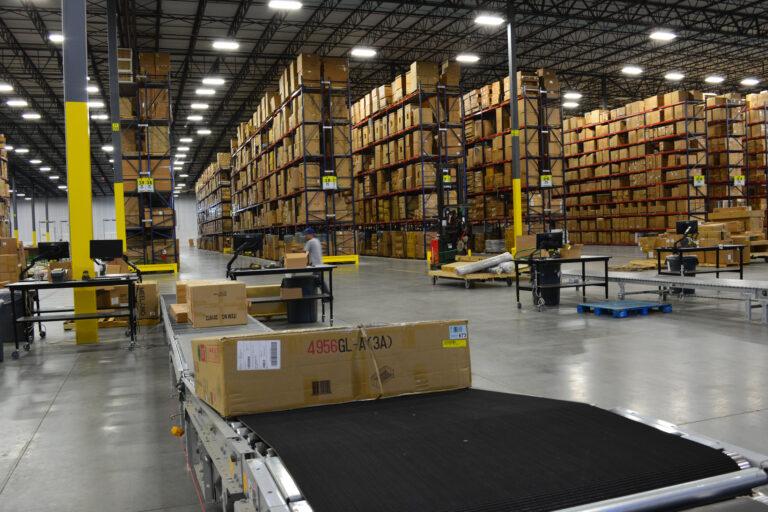How to Prepare in the Event of an Emergency
Disasters and Emergencies
Being prepared for disasters starts at home. Everyone can be part of helping prepare for emergencies. Young children and teens alike can be a part of the process. As a parent, guardian, or other family member, you have an important role to play when it comes to protecting the children in your life and helping them be prepared in case disaster strikes.
Family Emergency Planning
Some disasters strike without any warning, and family members may not all be in the same place. How will you get in touch with each other? Where will you meet? How will you get out of your house in case of a fire? What if your neighborhood is being evacuated? It’s important to make a plan, now, so that you will know what to do, how to find each other, and how to communicate in an emergency.
Make a Plan
It is important to know which types of disasters could affect your area. Know how you’ll contact one another and reconnect if separated. Establish a family meeting place that’s familiar and easy to find. And don’t forget to think about specific needs in your family. Your family’s needs change over time, so update your plan regularly.
Who Will We Contact?
Pick the same person for each family member to contact. Pick someone out of town—they may be easier to reach in a disaster.
Text don’t talk. In an emergency, phone lines may be tied up. It may be easier to text and this leaves phone lines open for emergency workers.
Where Will We Meet?
Decide on safe, familiar, accessible places where your family can go for protection or to reunite. If you have pets or service animals, think about animal-friendly locations. Consider places in your house, in your neighborhood, and outside of your city or town so you’re prepared for any situation.
Practice, Practice, Practice!
On your own list of using the resources below, write down your contacts and plans. Make sure everyone in the family has copies and keeps them in a safe space, like in a backpack, wallet, or taped in a notebook. Put them in your cell phone if you have one. Hold regular household meetings to review and practice your plan.
Resources:
https://www.ready.gov/plan
Order free preparedness materials from FEMA’s online ordering platform







